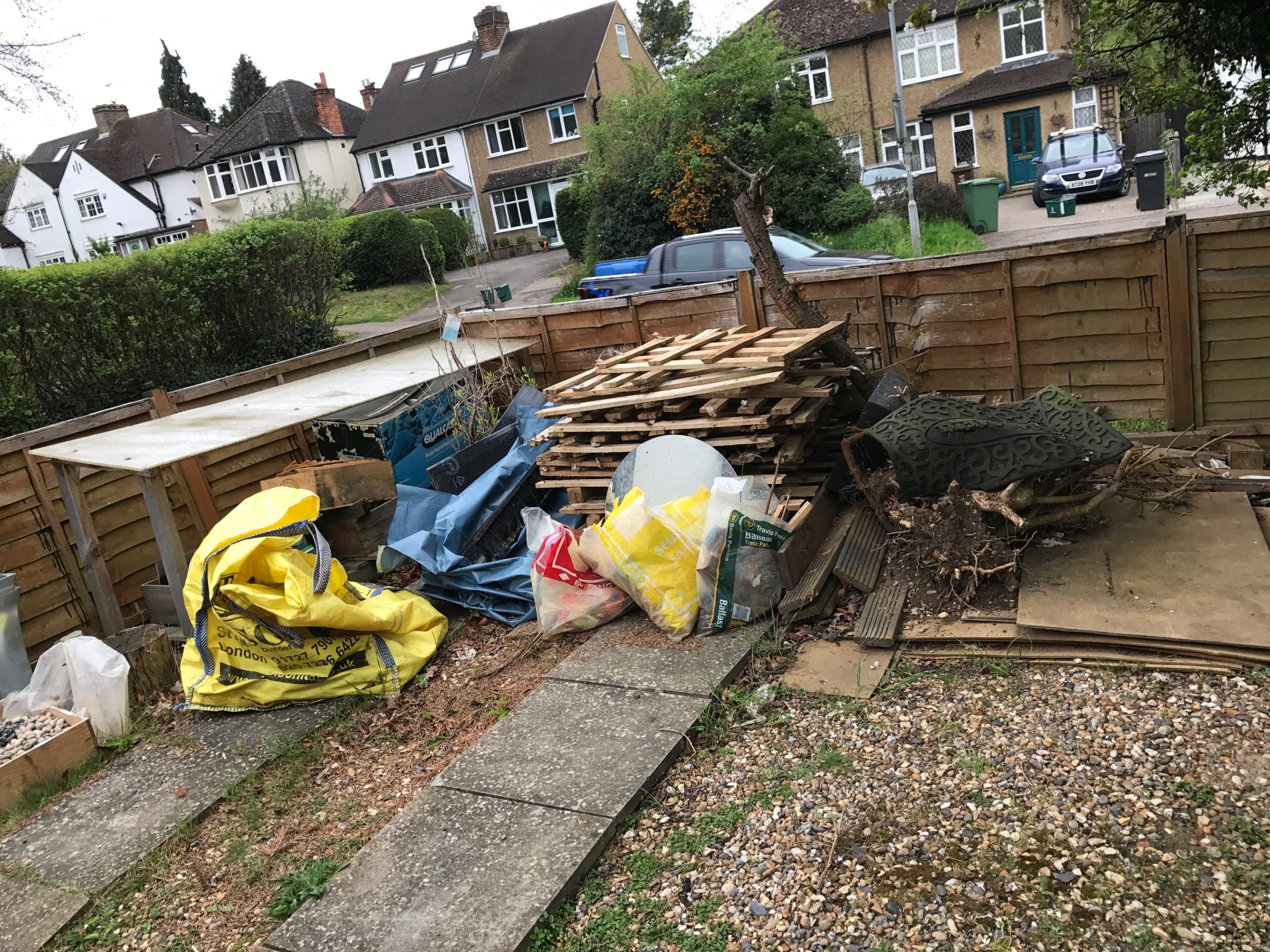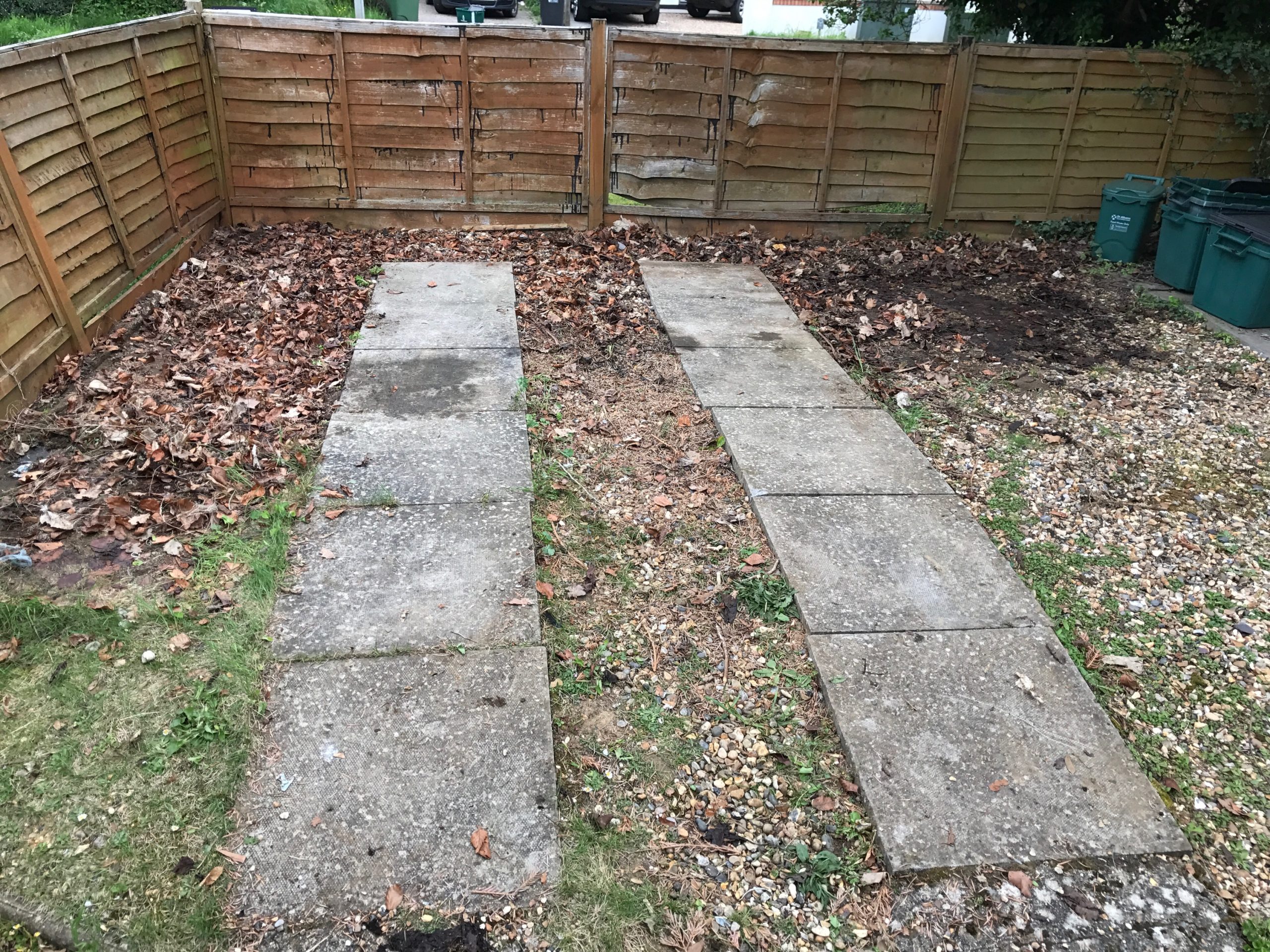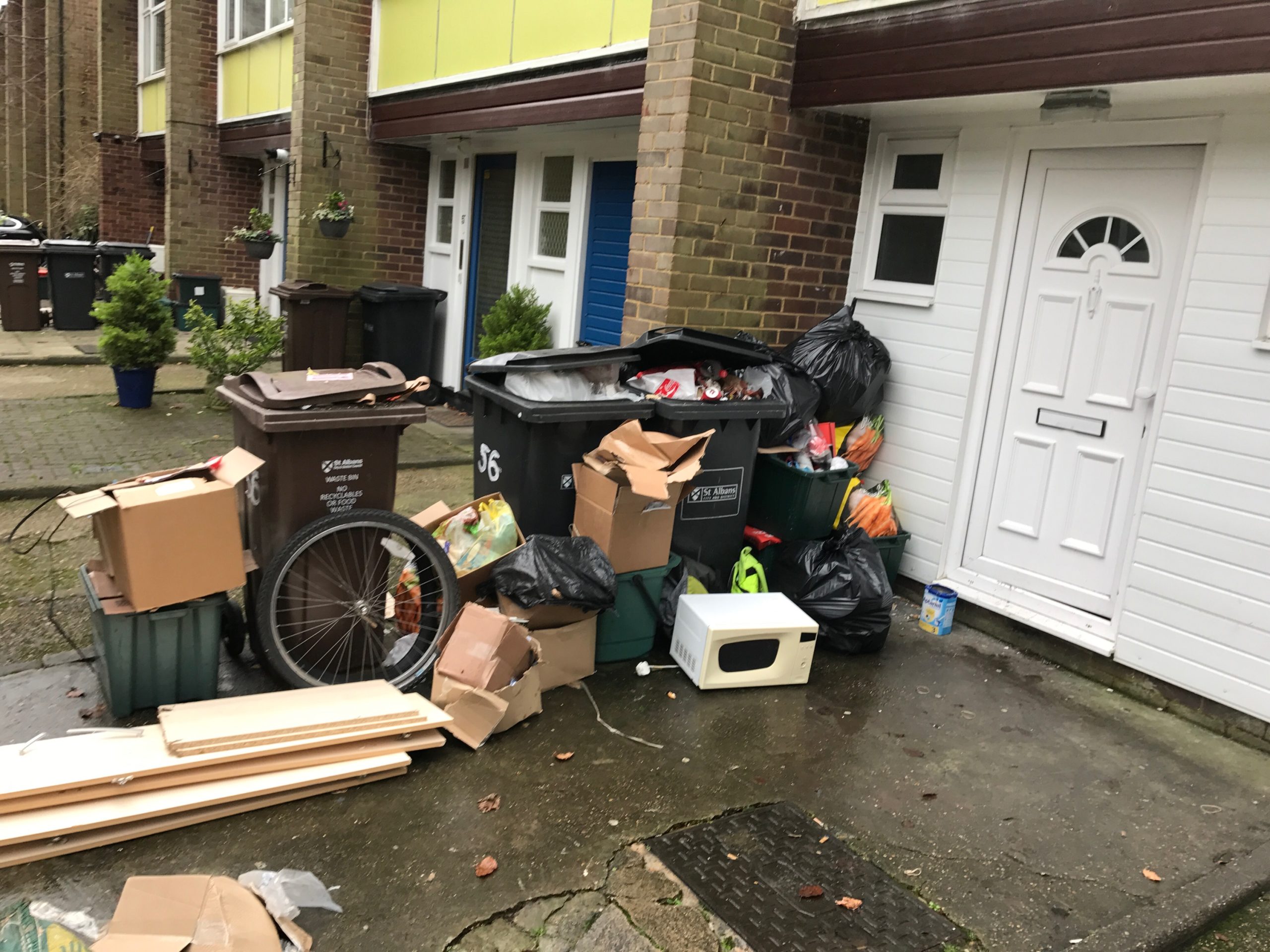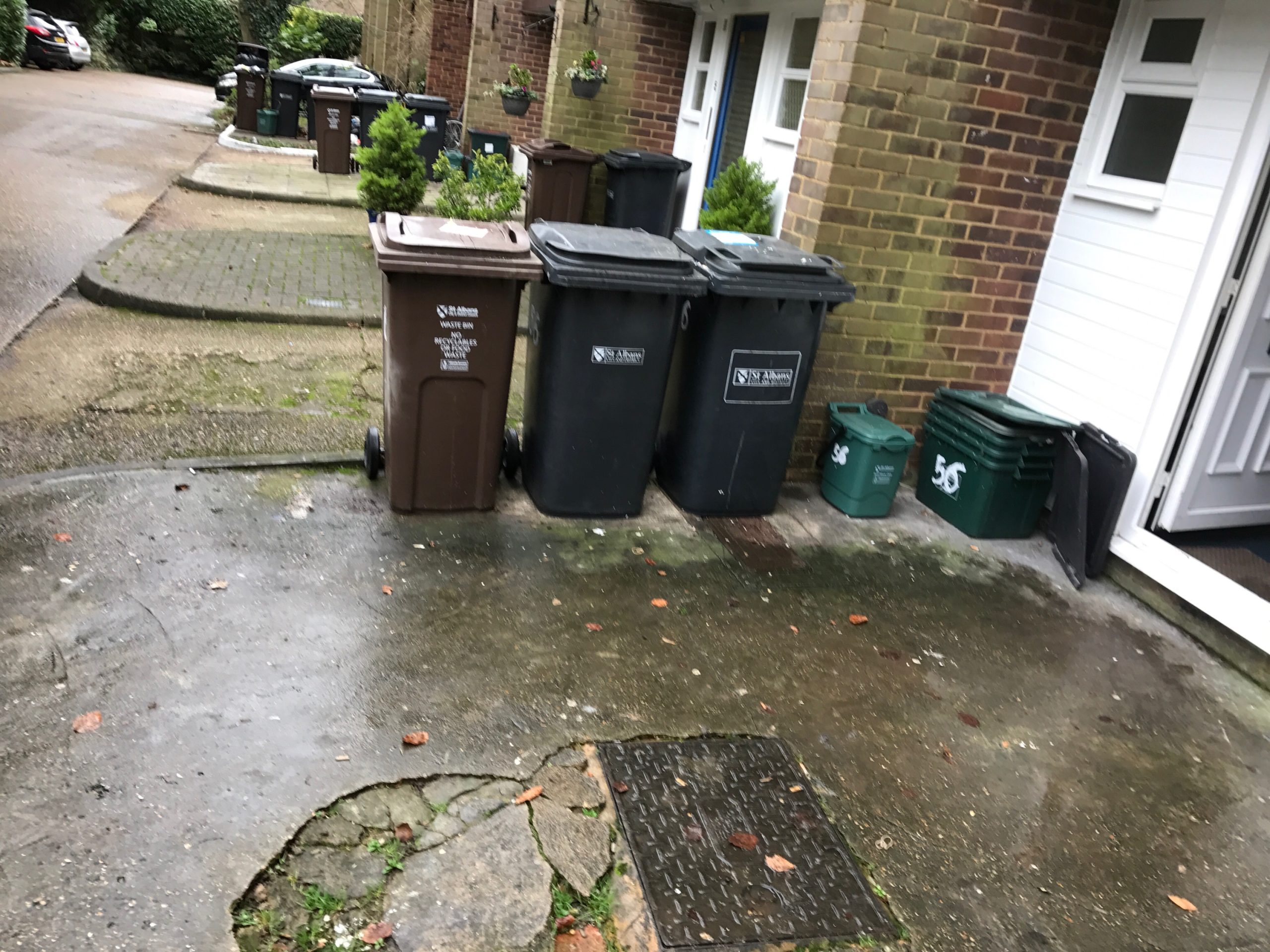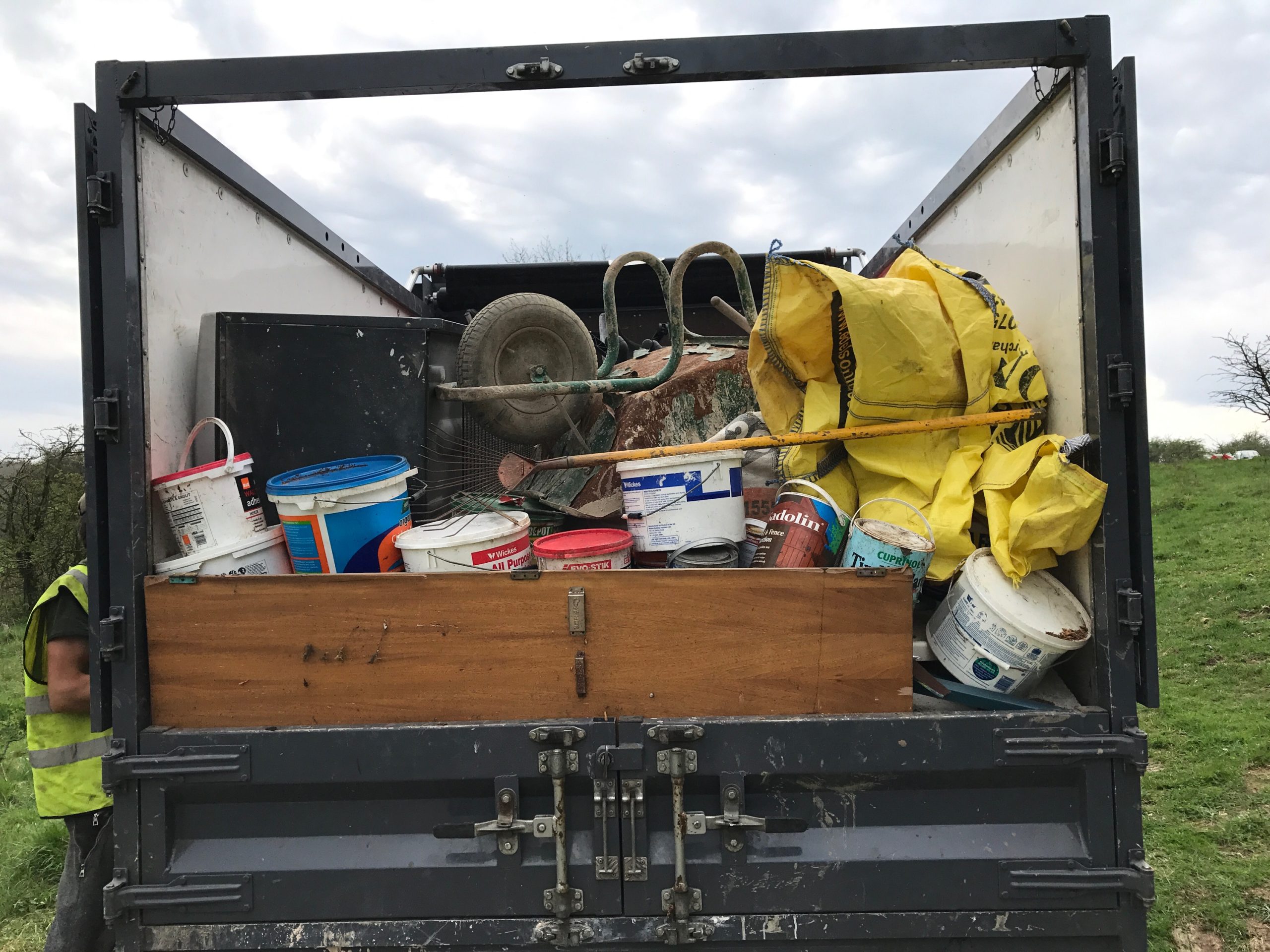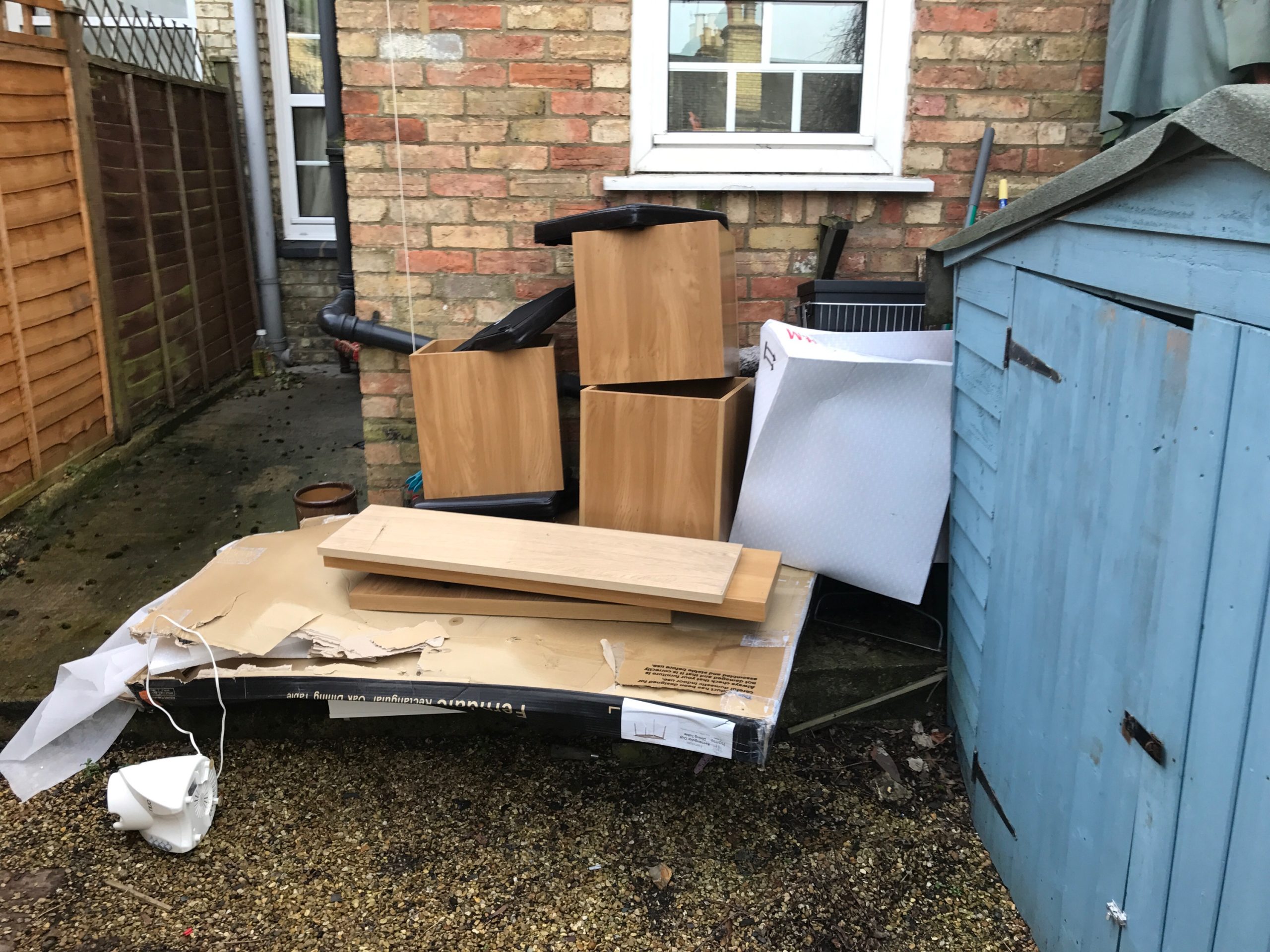Having to manage a full House Clearance can be a stressful and demanding job, physically and mentally.
We can help manage this for you and work with you to ensure that your needs and requirements are met in a timely and efficient manner, while also understanding that there may be changes to your wishes during the clearance.
We can organise a full clearance including household junk and mattress removal. So why not contact SL Rubbish Removal for the best house clearance St Albans residents could wish for?

